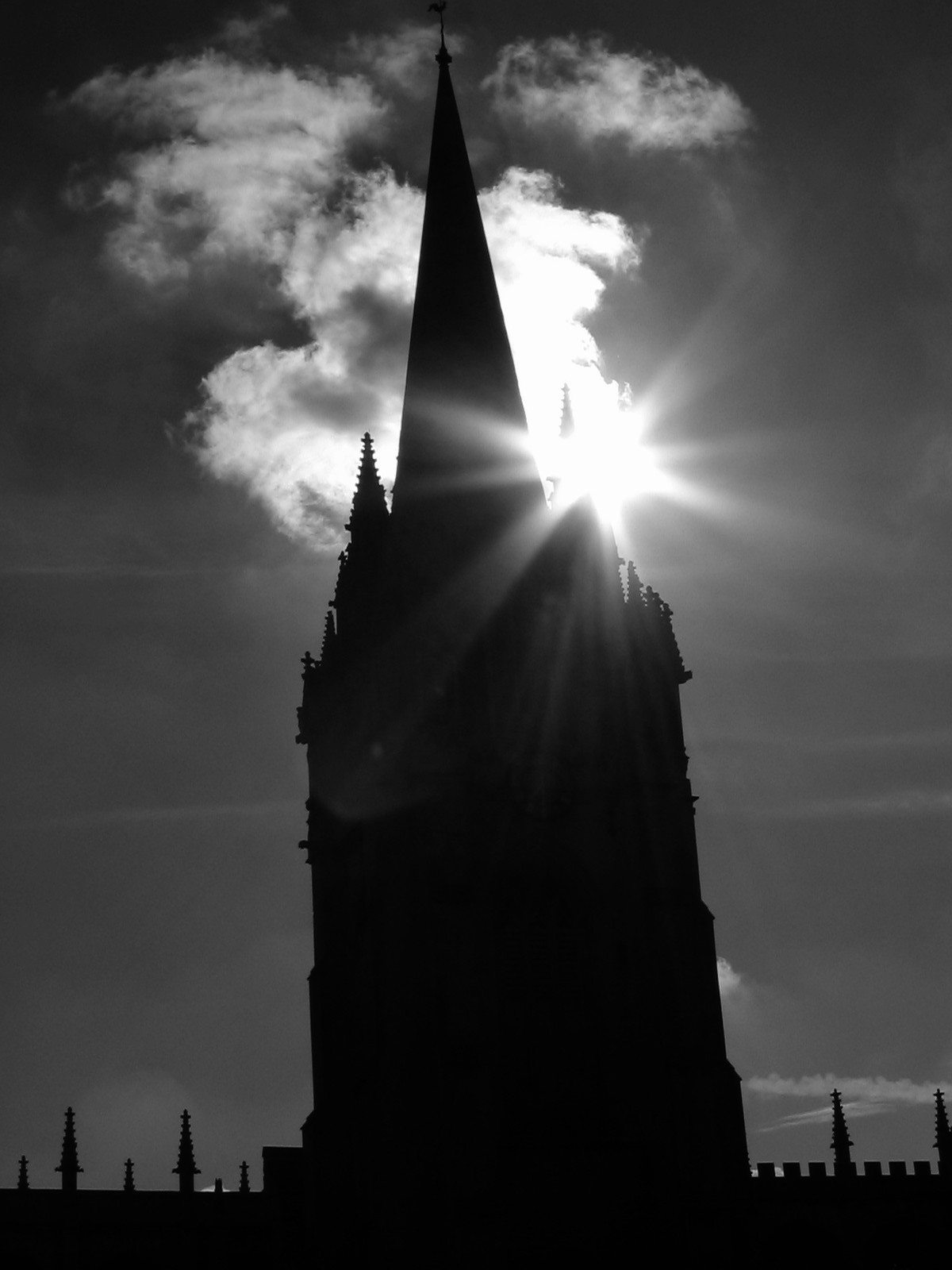 40 years of unrelenting decline.
40 years of unrelenting decline.40 years of unrelenting decline.
No, I'm not repeating myself. Rather, I'm repeating what Dr. David Greenhaw, President of Eden Theological Seminary in St. Louis said twice about the mainline church during a workshop at the annual meeting of the Kansas-Oklahoma Conference, held in Wichita, September 28-30.
Have you ever heard such honesty about the state of the mainline church?
While some might be able to ignore the situation, Greenhaw and other mainline education leaders cannot. Institutions are competing for a mainline pie that's getting smaller. They're staring directly at shrinking enrollments and budgets. If they don't do something different-- finding new ways to bring in students and balance budgets-- they won't last much longer. The crisis is now.
So what has contributed to the decline of the mainline church?
There are many factors, but Greenhaw believes the biggest is changing demographics.
According to Randall Balmer, professor of American religious history at Barnard College, the debate over Darwinism in the 1920's split the American church into two groups-- mainliners and evangelicals. "After the divorce," said Greenhaw, "the mainliners got the house and the kids." The mainline kept most the church buildings and the educational institutions. The evangelicals moved out. Meanwhile, a dramatic shift started in where people lived. In 1920, 67% of the US population lived in communities of 3,000 or less. 33% lived in places of 8,000 or more. But in 2000, 80% of us live in metropolitan communities, while only 20% live in rural places.
Greenhaw maintains that evangelicals moved to and settled into these rapidly growing population centers, while mainliners remained in the smaller areas-- places that got even smaller over the last 80 years.
Changing demographics is certainly one factor contributing to mainline decline.
But I would contend that there's a bigger factor-- one that that's not discussed enough:
Theology.
More specifically, how people of faith read their Bible.
For Christians in 1925, wasn't the Scopes Monkey Trial actually a debate over how the Bible is authoritative? As Balmer observes, it ended up creating two distinct camps. Today, if you look at evangelicals and mainline Christians, you'll see more than just differences in style, you'll see real differences in how the Gospel is interpreted and proclaimed.
Differences that are influencing people's decisions on where they go to church.
NEXT TIME: What's Right about the Mainline Church?




1 comment:
You make a very astute observation about what the real battle behind both the Scopes trial and the Fundamentalist v. Modernist controversy. At the real center was the authority of God's Holy Word.
Post a Comment